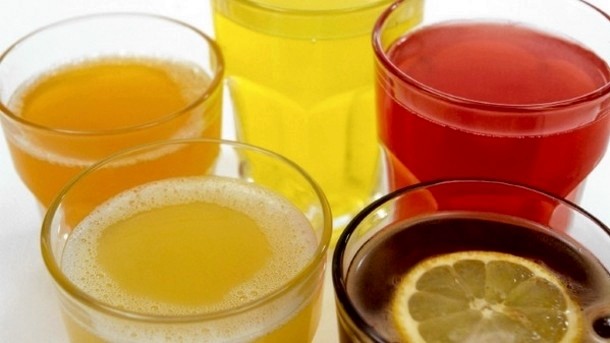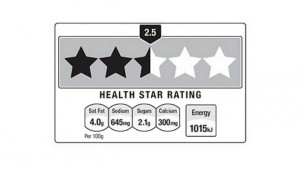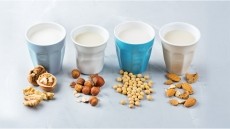South Asia radius
Local drinks firms to use juice to get round new GST hike

By doing so, they believe their products will attract the 12% tax slab for beverages based on fruit pulp or juice, rather than the 40% band reserved for sweetened aerated beverages including Coke and Pepsi.
According to Times of India, the lower rate has been applied to fruit-based drinks in a bid to increase sourcing from Indian farmers—a priority under Prime Minister Narendra Modi, who in 2014 urged multinational beverage companies to add 5% Indian natural fruit juice to their products.
Adding fruit juice or pulp to locally manufactured fizzy drinks would help local players sustain their lower prices compared to multinational manufacturers in a fragmented market, one manufacturer told the paper.
Though this is unlikely to be done in colas, it could spur local brands to increase manufacturing fruit-flavoured beverages.
Smaller manufacturers have been watching their market share grow in India’s INR140bn (US$2.2bn) soft drinks market by undercutting the majors to the tune of 30-40%.
"It could prove to be a good move, especially since colas have been hammered across the world over health concerns," Deloitte India’s Rajat Wahi told Times of India.
Local players would get a boost by providing a new-found “health angle” to their fizzy drinks, he added.
More from South Asia…
India drafting front-of-pack health labelling scheme
India’s food regulator is considering a mandatory benchmarking system to provide guidance on a product’s fat, sugar and salt content.
The Food Safety and Standards Authority of India is currently working on a draft requirement to replace the current practice of printing nutritional values of individual components on the back of packs.
The new system could be similar to the health star labelling displayed on the front of some packaged foods in Australia.
The scheme was introduced there in 2014 to rate supermarket foods from 0.5 to 5 stars based on their kilojoule and saturated fat, sugar, sodium, protein, fibre and fruit and vegetable content.
These ratings are designed to show a score relative to healthy consumption limits in a symbolic and easy-to-understand format.
Also under consideration is a “traffic light” system that shows different colours depending on the nutritional safety of a product, and one that advises of the percentage of a product’s ingredients relative to daily requirements.
Once it has completed a draft proposal, the FSSAI will then invite stakeholder opinions before it becomes policy.
















